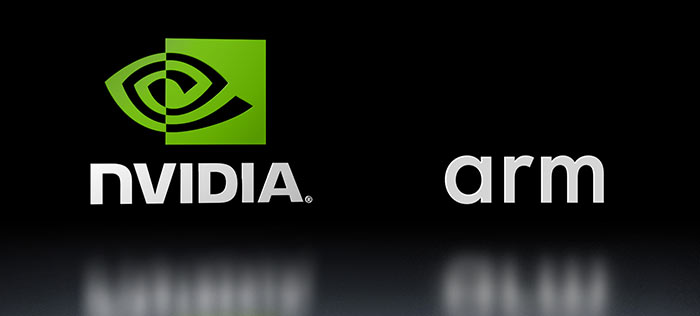Last week it emerged that SoftBank was looking into the full sale, or the listing of Arm on the stock market. Japan's SoftBank acquired Cambridge, UK based Arm for $32 billion in 2016. Arm processors have gained many headlines in recent months; Arm chips will power the world's fastest supercomputer called Fugaku, Apple announced a two year transition period as it moves Macs from x86 to Arm, and the Ampere Altra Max processors with 128 cores were announced.
Now some further juicy details about possible deals have emerged, thanks to Bloomberg reporters and their sources familiar with the matter. First of all it emerges that Apple was approached by SoftBank as a potential bidder for Arm Holdings. The two parties (i.e. SoftBank and Apple) have had preliminary discussions but rumours say that Apple has ruled out a bid.
On the Apple/Arm match up analysts say that Arm's licensing model wouldn't fit comfortably with Apple's hardware and software business. Furthermore, Apple would likely face a strong push back from other Arm architecture processor users, so regulators might take a dim view of such a marriage. Nevertheless, Apple will have a very keen interest in the future of Arm as it has sold more than 2 billion devices featuring custom Arm designs and has pinned its Mac computer's future to the architecture.

So, Apple is out of the frame but Nvidia has reportedly approached SoftBank about its interest in Arm Holdings. The Santa Clara, California-based graphics chip designing company has greatly widened its portfolio in recent years, expanding from gaming into data centre AI processing and smart automotive tech. Nvidia and Arm also have partnered on some big IT projects in recent years, in fields such as Deep Learning and IoT, for example.
The prospect of an Nvidia owned Arm would certainly raise fewer hackles than if Apple went for it, but we don't have much more info about any deal for now, time will tell.
As mentioned in the intro SoftBank splurged $32 billion on Arm Holdings in 2016. Since that time the Philadelphia Stock Exchange Semiconductor Index has rallied 185 per cent, observes Bloomberg, which should provide a baseline for valuing Arm now if it were a middling performance tech company. In the same period, however, Nvidia's stock market value has risen eightfold (about $254 billion now), briefly overtaking Intel earlier this month.






